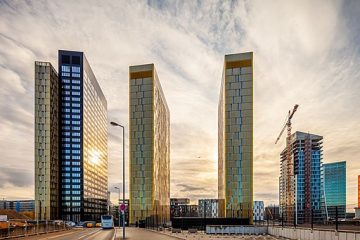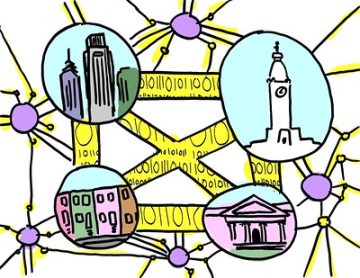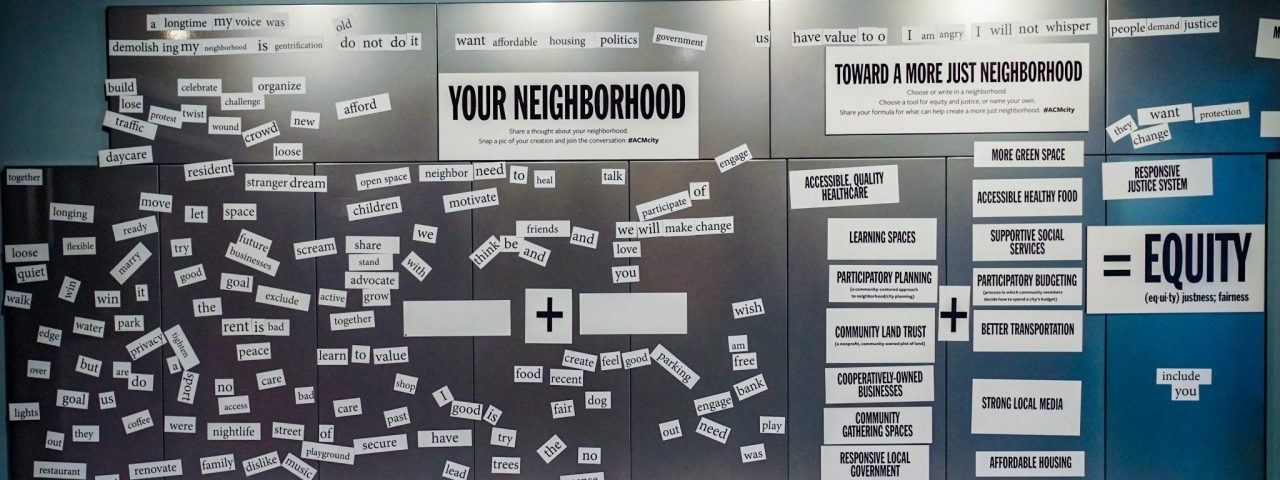About
JuDiCe is a Research Council of Finland project running for three years (01/09/2022-31/08/2025), with decision n. 348559.
The hypothesis of JuDiCe is that we often remain unaware of technologies’ silent working and of the data that start living an independent life (the “data-double”), after being seamlessly collected via personal devices and/or recording apparatuses on the streets. Still, technology’s silent working and data harvesting do affect people’s identities, behaviours and movements in the urban space in a way that requires ethical attention and commitment.
JuDiCe’s principal research questions (RQs) are as follows:
[RQ1] How do spatial justice and data justice conceptual frameworks currently overlap?
[RQ2] How are young adults’ urban everyday lives affected by data-doubles that ‘live’ an independent life?
[RQ3] What kind of awareness currently exists and/or can be built up at the individual and collective level about the data-double’s (mis)behaviour, so that data-spatial justice may be
actively pursued?
[RQ4] How does (in)justice occur in blended (physical/digital) urban spaces?
The project’s activities are divided into four workpackages, shortly summarised below:
Workpackages (WPs)
WP1 - Literature review
 WP1 is informed by RQ1, and its objective is two-fold. First, it builds an up-to-date research base regarding the literature on spatial justice and data justice because, for their interdisciplinary nature, the contributions are scattered across disciplines. Second, the literature screening maps existing intersecting points between data justice and spatial justice.
WP1 is informed by RQ1, and its objective is two-fold. First, it builds an up-to-date research base regarding the literature on spatial justice and data justice because, for their interdisciplinary nature, the contributions are scattered across disciplines. Second, the literature screening maps existing intersecting points between data justice and spatial justice.
WP2 - Blended identities and practices in the urban
 WP2 is informed by RQs 2 and 3, and its objective is two-fold. First, it increases understanding of how data-doubles are influencing individuals (i.e., young adults, especially the Late Millennials) in various urban contexts; second, it reaches a better comprehension of the awareness young adults have of their data rights, and of the ways in which data are collected and can be (mis)used. These two objectives are reached using an online survey and probes, an ethnographic method that allows collection of qualitative material from a distance.
WP2 is informed by RQs 2 and 3, and its objective is two-fold. First, it increases understanding of how data-doubles are influencing individuals (i.e., young adults, especially the Late Millennials) in various urban contexts; second, it reaches a better comprehension of the awareness young adults have of their data rights, and of the ways in which data are collected and can be (mis)used. These two objectives are reached using an online survey and probes, an ethnographic method that allows collection of qualitative material from a distance.
WP3 - Data-spatial justice
 WP3 is informed by RQ4, and by the WP1 and WP2. Its objective is to process the theoretical and empirical material collected and analysed in JuDiCe and co-produce, with the research participants who took part in the probes (see WP2), a data-spatial justice manifesto, paving the way for a data-spatial justice common framework.
WP3 is informed by RQ4, and by the WP1 and WP2. Its objective is to process the theoretical and empirical material collected and analysed in JuDiCe and co-produce, with the research participants who took part in the probes (see WP2), a data-spatial justice manifesto, paving the way for a data-spatial justice common framework.
WP4 - Communication and dissemination
 This WP supports communication and dissemination throughout the whole project. During the project, scientific articles (for an academic audience), web pages, blog posts and posts in social media (for the general public), and learning material (for educational purposes) will be produced. The material will be freely available on the project’s website.
This WP supports communication and dissemination throughout the whole project. During the project, scientific articles (for an academic audience), web pages, blog posts and posts in social media (for the general public), and learning material (for educational purposes) will be produced. The material will be freely available on the project’s website.
